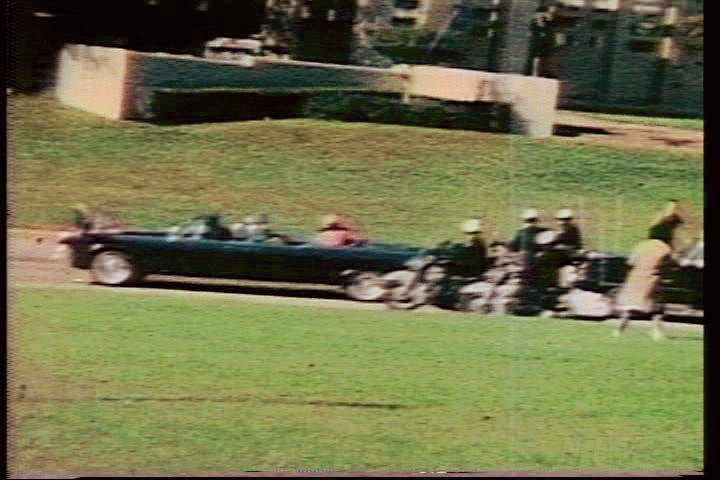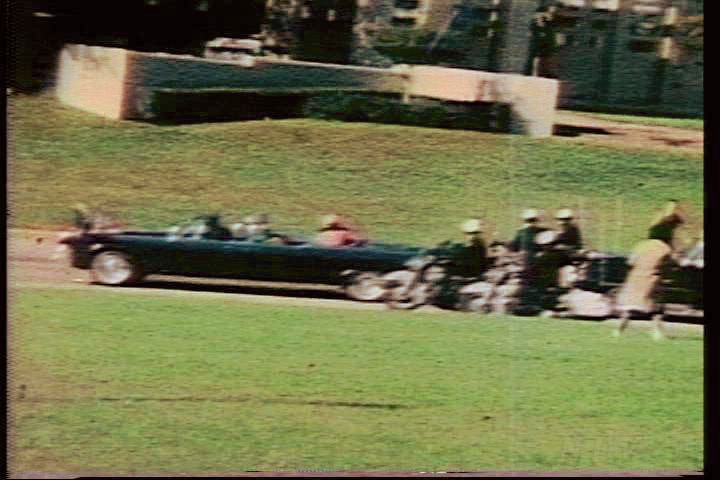
A January 2016 opinion from the Court of Appeals for the District of Columbia Circuit sheds more light on the “public-benefit factor” regarding entitlement to attorney fees under the Freedom of Information Act (FOIA) than it does provide information about the subject of the case: the Kennedy Assassination.
For more than a decade, a former Washington Post reporter (Jefferson Morley) and his lawyer, Jim Lesar, have battled with the Central Intelligence Agency (CIA) over FOIA requests chasing down their JFK assassination conspiracy theory that a CIA agent, George E. Joannides, was the CIA case officer for a Cuba-focused organization and that Joannides’ travels to New Orleans overlapped with Oswald’s time in that city. This legal crusade has developed more FOIA law than results in the Kennedy assassination but Morley and Lesar may ultimately land attorney’s fees despite the district court’s persistent denial of their fee claim.
As a result of their FOIA suit, Morley has obtained several hundred documents, a subset of which are publicly available in the National Archives (Lesar argued, and the court acknowledged, that extracting records from the Archives is “laborious and unreliable” because some documents lack record identification forms and may not be searchable in the electronic database). The court noted that Morley obtained “travel records and a photograph and citation relating to a career medal” but the court was not terribly impressed that this shed any light on the assassination (“at best unclear” and “the relevant documents appear to reveal little, if anything, about President Kennedy’s assassination”). But, to be fair, Morley was chasing after something of public value and obtained something, albeit tenuous sounding. The question is whether he was therefore the “prevailing party” entitled to fees under FOIA. The district court (trial court) said no, repeatedly. There were several appeals (and likely more to come).
In assessing entitlement to fees under FOIA, the trial court must assess several factors including the “public-benefit factor.” The appellate court ruled that the trial court must assess the potential public value of the information sought and not the public value of what was received. It confirmed an earlier ruling that the purpose of the fee provision is to “remove the incentive for administrative resistance to disclosure requests based… on the knowledge that many FOIA plaintiffs do not have the financial resources…” The public-benefit factor requires considering the “effect of the litigation,” meaning whether the litigant has caused the release of requested documents (to be a “prevailing party”). The court made clear that the public-benefit factor requires a plausible ex ante (predictive) assessment of the potential public value of the information requested, with little or no regard to whether any documents supplied prove to advance the interest. Stated differently, it appears a FOIA plaintiff has to have a plausible theory that his/her FOIA request will benefit the public and receive some documents in order to meet this factor.
The case was remanded to the trial court to “consider the remaining factors and the overall balance [of the factors]” again.
Morley v. CIA (Jan. 21, 2016) is here. Morley’s website and his discussion of the case is here.

